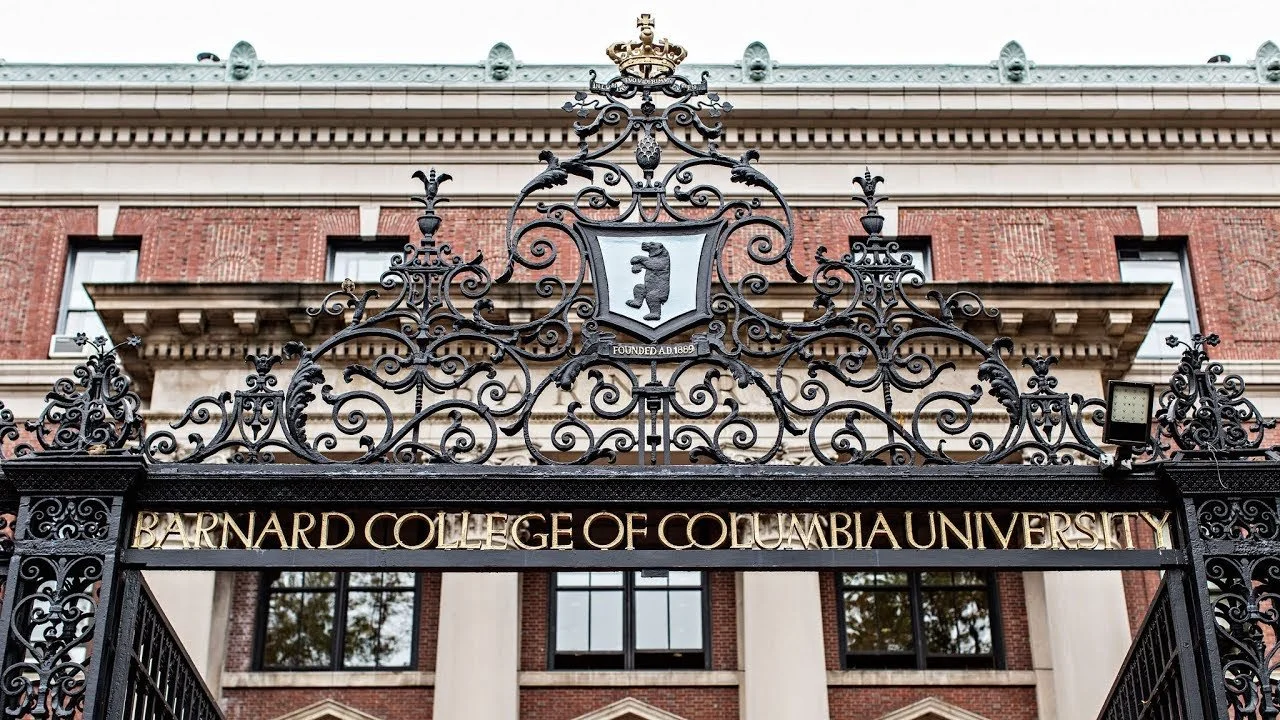New Talent, New Linkages: How a Funder Aims to Advance Scientific Research
/PHOTO: Stock-Asso/SHUTTERSTOCK
The biggest funder of scientific research, the government, has lots of conditions and hurdles that researchers must satisfy to land a major grant. This process tends to favor older scientists working in well-established avenues of inquiry most likely to yield useful results. In response, many foundations and philanthropists make it a point to take chances on early-career scientists pursuing novel directions in research. According to the science journal Nature, “Young researchers are much more likely than older scientists to study exciting innovative topics,” while senior researchers are themselves more likely to publish in emerging areas when supervising younger scientists.
The Charles E. Kaufman Foundation, a supporting organization of the Pittsburgh Foundation, is one of the funders that bets on the curiosity and novel approaches of young scientific professionals. But Kaufman is also priming the pipeline with college students still considering a career in research. Earlier this year, the foundation rolled out a new pilot initiative, the Integrated Research-Education Grant (IREG) program, to place undergraduate students with innovative scientists engaged in fundamental research in Pennsylvania. In its first round of grants, announced in August, the program awarded $300,000 to three Pennsylvania universities. Mentor-mentee awards went to pairings in the diverse fields of neuroscience, biology, and physics.
But Kaufman’s championship of novelty doesn’t stop with these three awards. An additional $1.9 million in grants this summer went to Pennsylvania scientists “pursuing research that explores their field’s essential questions and/or crosses disciplinary boundaries.” That’s heady stuff—and what exactly does it mean? Well, it means that good ideas and good science can’t just come from one person or even one field. While many scientists have traditionally remained siloed in their specific field, increasingly funders both public and private have recognized the need for scientific exploration that teams up specialists from various different fields.
These Kaufman grants are designed to answer the “big questions” that are beyond the range of any one discipline and need new approaches. They are generally awarded to “scientists transitioning to independent appointments and are meant to empower promising scientists at the beginning of their careers.”
The questions these researchers were asking are indeed big, with grants supporting studies of human evolution, quantum physics, influenza, neurobiology and mind, among other inquiries.
The Charles E. Kaufman Foundation is not alone in its support of cross-disciplinary scientific research. We’ve been seeing more such initiatives in recent years from funders anxious to shake up established ways of thinking and accelerate the pace of discovery.
And certainly Kaufman isn’t alone in backing young researchers. IP has reported on many foundations interested in supporting early-career researchers, in such diverse areas such as mental health (Brain & Behavior Research Foundation); biomedical science (Beckman Foundation, Simons Foundation, Blavatnik Family Foundation); cancer (Susan G. Komen and the Pershing Square Sohn Cancer Research Alliance); and autism (Autism Science Foundation), to name a few.
Perhaps driven in part by philanthropy’s interest, the government is also paying more attention to early-career scientists. Government funders such as the National Institutes of Health have implemented policies specifically to foster the careers of newer researchers. But young scientists with novel ideas still face challenges. Their grant applications are still reviewed by their older peers who are more likely to be suspicious of novel and less-tested approaches.







































